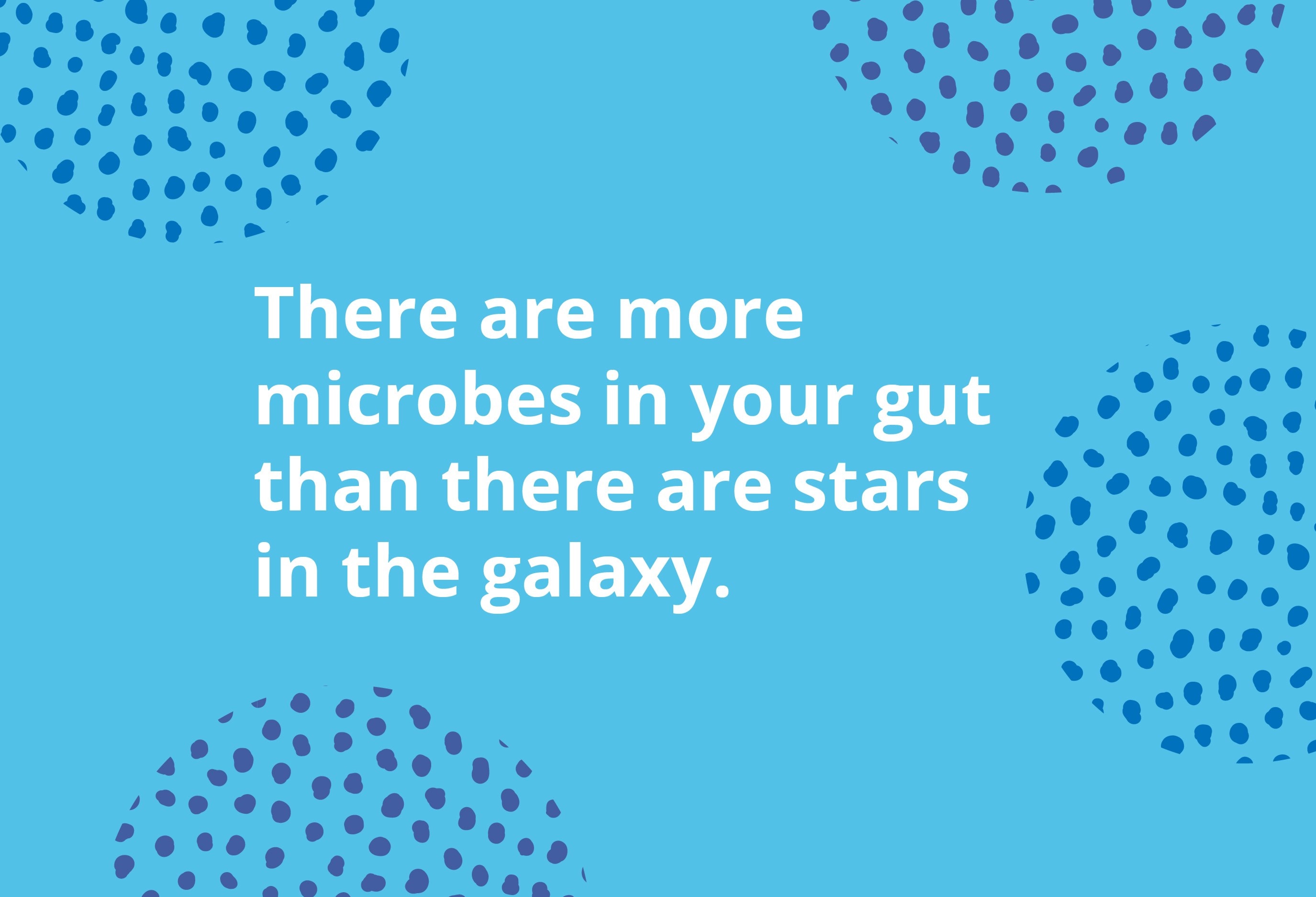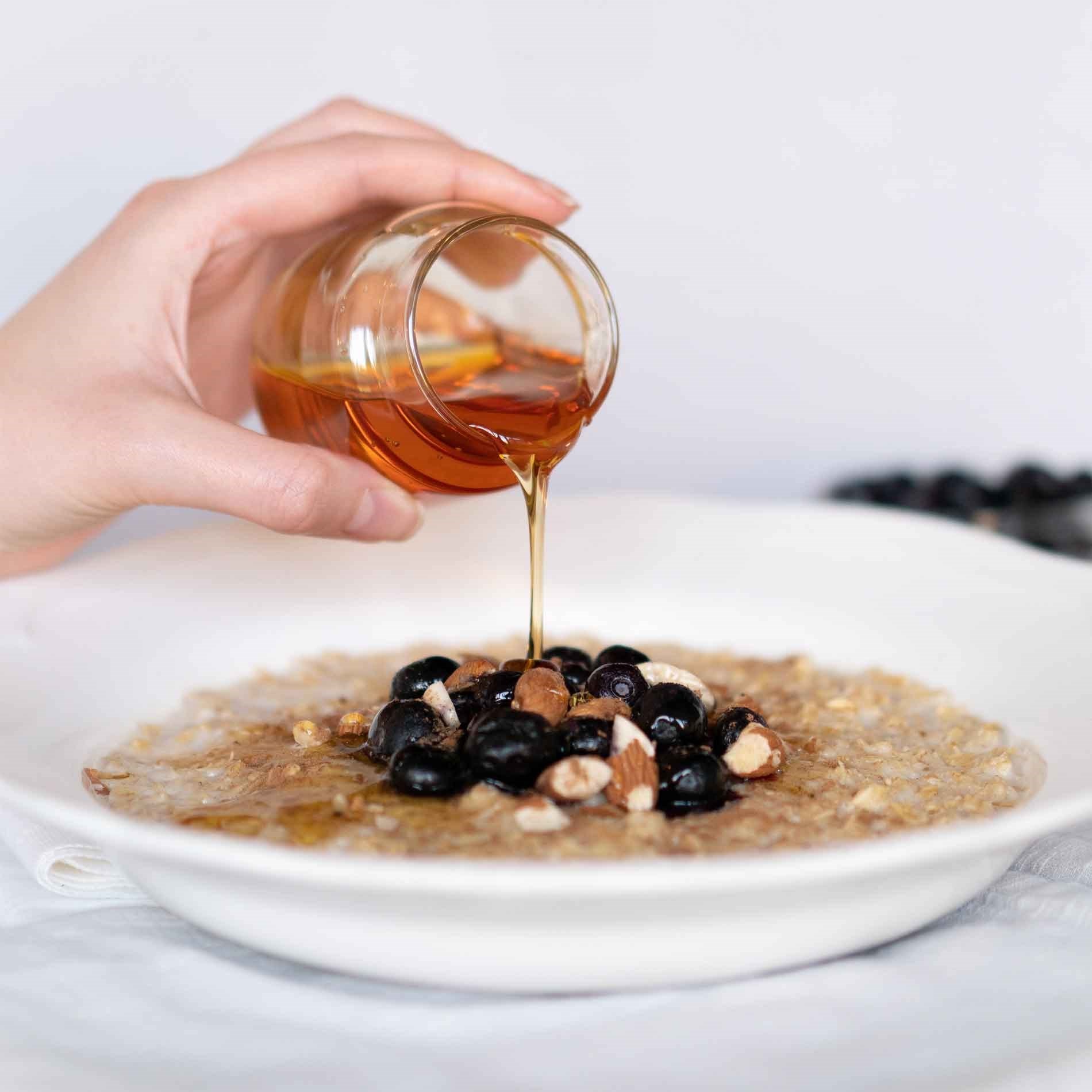- About Us
-
Help
Free 1:1 supplement advice
Not sure which supplement is right for you? Book a free, 15 minute telephone call with one of our nutritional experts.
Book your free consultationGet in touch (Mon to Fri, 9am - 5pm)
Customer Service: +44 (0) 1264 339 770
Order Enquiries: +44 (0) 1264 363 193
Contact us - Stockists
You are on the UK site
Hello US customer, you are currently shopping on the UK site. To ensure you are charged in the correct currency and receive accurate shipping costs, please switch to the US website and re-add your product to your basket.
You're away from FREE UK delivery Free UK delivery (applied at checkout) on orders over £10.00
You have qualified for Free UK delivery
Lifestyle
Dr Aisling’s Seven Top Tips to Feel Less Stressed
Twenty-first century living is fast-paced and demanding so for most of us, stress is never far away. We know that small amounts of manageable stress can be beneficial for helping us to get out of our comfort zones and encouraging us to develop mental resilience. It’s also a completely normal response to be overly stressed by the world at present. But chronic stress can negatively impact our overall wellbeing by influencing the health of our nervous system, our immune health, gut health and cardiovascular health, to name a few. We may feel a knot in our tummy when stressed, and certainly there’s a gut-brain connection.
It can be difficult to know where to start when it comes to managing our stress levels, particularly when so many aspects of life are out of our control. In this article, I’ll give you seven easy tips to help you cope better with daily stresses and strains. Incorporating these easy lifestyle tips into your day-to-day life can help relieve stress and enable you to stay calm and relaxed.
First of all, let’s find out more about why we feel stressed.
Why do I feel stressed?
Work, financial struggles, interpersonal relationship issues, chronic illness and exam stress are just a few of the most common sources of stress. Added to these, in 2020, a whole new set of unprecedented COVID-19 pandemic-specific stressors arose, like social isolation, loneliness, unemployment, dealing with working from home and, for the amazing parents out there, home-schooling children during lockdowns whilst also managing all of the above. It is no wonder that in 2020, 74% of people have felt so stressed that they have reported being overwhelmed or unable to cope1.
But what happens in our bodies when we are under pressure that gives us that undeniable sensation in our bodies of feeling stressed - that knot in our tummy or the butterflies in our chest?

Let’s look what stress does to your body immediately after a stressful event and also when there is constant, or chronic, stress.
A stressful event triggers our ‘fight or flight’ response in which our sympathetic nervous system is activated and stress hormones like noradrenaline and adrenaline are released. These stress hormones circulate around the body, increasing our heart rate, breathing rate and alertness, stimulating sweat production and shutting down non-essential bodily functions such as digestion.
Many of us are also exposed to stressors every day that we cannot escape from. When this occurs, our body exists in a state of chronic stress, keeping our sympathetic nervous system stimulated and leading to the release of the stress hormone cortisol. The effects of chronic stress can be seen as health issues such as frequent illness with common infections, digestive complaints and low mood2,3.
Chemical messengers in our brains, also known as neurotransmitters, that make us feel good include serotonin, dopamine, oxytocin and endorphins. But what do these neurotransmitters do?
- Serotonin is most well-known for its effects on our mood. Low levels of serotonin are associated with stress and low mood7.
- Dopamine is associated with pleasure and is released when you anticipate something you enjoy or when you experience something you like. Interestingly, the gut produces a large quantity of neurotransmitters, an estimated ninety per cent of the body’s serotonin5 and fifty per cent of the body’s dopamine6. No wonder our gut is known as our ‘second brain’!
- Oxytocin, known as the love hormone, plays a role in bonding with those we love, inspiring closeness and trust4. It may help to diffuse tension when feeling stressed.
- Endorphins are the body’s own natural pain relievers and can also help to de-stress.
These four neurotransmitters all work together to help us feel happy but over time, stress can alter neurotransmitter signalling in the brain, including dopamine and serotonin4.
My tips below can help us identify what we can do about our stress levels today to help us feel good, positively influence our mood and reduce the likelihood of developing these stress-related health issues.
How do I become less stressed?
Here are my top tips for staying calm and stress-free:
1. Make exercise part of your daily routine
There’s no doubt that exercise can have a positive effect on our wellbeing. Find the exercise that suits you best.
- Get out in nature when you can – Early morning walks are invigorating when the sun has newly risen and the day is fresh. Being around the natural world; trees, water, feeling the wind or sun on your face, can have a calming effect. Exercise and exposure to bright light like sunlight can influence serotonin levels3.
- Try yoga or T’ai Chi – Exercise that requires focus with stretching and measured, mindful movement can help to ease muscular tension and contribute to a relaxed mental state.
- Go for a brisk walk or jog – Getting your heart rate and moving your body in a repetitive, rhythmical manner such as walking, or jogging can be great for de-stressing. Twenty minutes daily can make a big difference to how you feel. Exercise stimulates the release of endorphins, gives the feeling or relaxation and satisfaction after a good workout6
2. Nourish your body
It has become common knowledge now that our diet influences our mood and wellbeing. Support your body by considering the following:
- Avoid processed foods like refined white bread and pasta or ready meals as they can contribute to symptoms of digestive discomfort. When we are stressed, we tend to ‘comfort eat’ and reach for processed foods high in fat, sugar and salt. This can further exacerbate our stress as our body does not get the nutrients required to function at its best. Incorporate whole foods where possible – fruit, vegetables, wholegrains, nuts, meat and fish.
- Try fermented foods like sauerkraut or kimchi. They are surprisingly delicious and great for your body. They also help to replenish the levels of friendly bacteria living in your gut.
3. Try meditation
A guided meditation is a good place to start if you have never meditated before. Choose a grounding meditation on YouTube such as a body scan meditation. This will allow you to tune in with your breathing and connect with your body helping to relax your mind and restore peace. I particularly enjoy meditating first thing in the morning or last thing at night.
4. Prioritise sleep
Everything can seem much more difficult to manage when you are exhausted, and your reserves are depleted. To set yourself up for a restful slumber:
- Aim to get 6 to 8 hours of sleep per night where possible. Keep a regular bedtime to accustom your body to winding down at the same time every evening.
- Keep an hour before bed to prepare for sleeping where you relax, limit technology use and journal or read a book.
- Use ear plugs and an eye cover to reduce noise and light disturbances.
5. Laugh
It may sound too simple or next to impossible for some when feeling under pressure but laughing is a known stress buster. A good belly laugh can help relieve muscle tension and stimulate the release of feel-good hormones in the body. It can be particularly hard to laugh and be light-hearted when you are struggling with stress.
- Try breaking up your day by watching some five-minute funny cat videos online or your favourite comedian sketch.
- Spend time with those you love or who make you feel good. Prioritise spending some time with those in your life who bring out the inner child in you, have a phone call or meet up for a socially distanced walk outside if possible.

6. Moderate alcohol and caffeine intake
Alcohol is a depressant and can negatively affect our mood. Caffeine is a stimulant that can increase our heart rate and exacerbate anxiety symptoms. Pay attention to how you feel after you have an alcoholic or caffeinated drink. If you notice that they are affecting your ability to effectively deal with stress, try reducing your intake. If you don’t want to go cold turkey and need some caffeine to get you through the day, consider green tea. Green tea contains a small amount of caffeine much less than coffee but has additional health benefits as it is high in antioxidants and is thought to have a calming effect.
7. Talk to someone or write it out
Sometimes we just need to get whatever is going around in our heads out. Some people find great solace in confiding in their loved ones about how they are feeling. As they say, ‘A problem shared is a problem halved’. Connecting with a friend, and engaging in positive social relationships is associated with oxytocin release5. As it is a particularly challenging time right now in our world for everyone, those in your life may not be able to be as present for you as they normally are. In this case, starting a journal is a good option to write down and release whatever is troubling you.
Bear in mind, if you feel overwhelmed or feel that you cannot cope, please contact your general practitioner or a counsellor/psychotherapist. There are also many mental health organisations that can help you get the support you need such as Mind or the Samaritans.
Just a reminder, before you start trying these tips, ask yourself:
- ‘How does stress show up in my body?’
- ‘What are emotional signs of stress for me?’
- ‘What makes me less stressed?’
- ‘How can I cope better with stress?’
You are the expert on yourself and know what works best for you. Each of us are unique; signs of stress will present itself differently in each of us. These tips guide us towards the fundamentals of health: nutrition, movement, sleep, connection with others and rest. Start small today with a cup of green tea instead of your morning coffee or trying a ten-minute guided meditation at bedtime. Working on managing your stress is a daily effort, the benefits of which will become evident over time.
If you enjoyed this article, you may also enjoy the following:
References
- Mental health statistics: stress | Mental Health Foundation. https://www.mentalhealth.org.uk/statistics/mental-health-statistics-stress. Accessed December 1, 2020.
- Yaribeygi H, Panahi Y, Sahraei H, Johnston TP, Sahebkar A. The impact of stress on body function: A review. EXCLI J. 2017;16:1057-1072. doi:10.17179/excli2017-480
- Khan S, Khan RA. Chronic Stress Leads to Anxiety and Depression. Ann Psychiatry Ment Heal. 2017;5(1):1091-1095.
- Kumar A, Rinwa P, Kaur G, MacHawal L. Stress: Neurobiology, consequences and management. J Pharm Bioallied Sci. 2013;5(2):91-97. doi:10.4103/0975-7406.111818
- Camilleri M. Serotonin in the gastrointestinal tract. Curr Opin Endocrinol Diabetes Obes. 2009;16(1):53-59. http://www.ncbi.nlm.nih.gov/pubmed/19115522. Accessed June 7, 2018.
- Eisenhofer G, Åneman A, Friberg P, et al. Substantial Production of Dopamine in the Human Gastrointestinal Tract. J Clin Endocrinol Metab. 1997;82(11):3864-3871. doi:10.1210/jcem.82.11.4339
- Carhart-Harris RL, Nutt DJ. Serotonin and brain function: A tale of two receptors. J Psychopharmacol. 2017;31(9):1091-1120. doi:10.1177/0269881117725915
- Magon N, Kalra S. The orgasmic history of oxytocin: Love, lust, and labor. Indian J Endocrinol Metab. 2011;15(7):156. doi:10.4103/2230-8210.84851

Want to learn more about the microbiome?
It seems everyone’s talking about the microbiome these days! If you’re unsure what the fuss is all about, or you just want to learn how to support yours, why not join the club. We’ve set up a series of emails & articles with learnings from our microbiologists, free tips to boost your microbiome naturally, and special offers.
.png?lang=en-GB)



